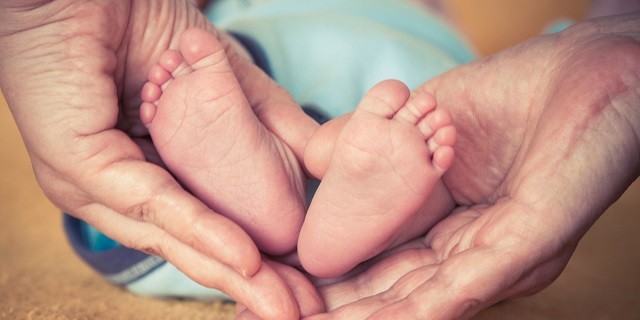Before my wife and I had our daughter, many people told me that kids are expensive. This wasn’t a surprise since it’s obvious there will be new costs to budget for such as childcare, activities and more groceries. We were fortunate to be in a good financial position when our daughter was born, but no amount of planning and research could prepare us for how much money we were about to spend.
If you’re about to have a baby or you just had a baby, here are some tips that could help you manage your budget.
Consider starting a maternity fund early
Many people budget for their hobbies, vacations and regular expenses, so there’s no reason why you shouldn’t set up a budget for your maternity leave. By setting aside some money in advance, it will be easier to transition to a single income when one spouse is on maternity leave.
Update your budget
As soon as we found out we were expecting, I started to project what our budget would look like. The first update I did basically eliminated my wife’s income since she would be home with the baby. She would be getting some money from employment insurance, but it was quite clear that we had to make adjustments. I also made a rough budget for when my wife planned to return to work and our child would be in daycare. There were a lot of new expenses coming up, so it was good to get an idea of how things were looking so we could plan accordingly.
Adjust your spending
Since our budget projections made it quite clear what was coming, we decided to put things into practice right away. We essentially slashed any unnecessary spending, which saved us a few hundred dollars a month right away. By making these changes early, we didn’t have to take any drastic steps when it came to our spending when our daughter arrived.
Buy used items
Like many parents, we wanted only new things for our children. It’s not like we bought the most expensive items but buying everything new certainly added up over time. Since babies grow fast, many of the things we bought got limited use. To get some of the money back, I decided to list many of the things my daughter no longer used online for sale. I quickly realized that those gently used items would only be worth 30-50% of what I paid. It would have saved me quite a bit had I bought used from the start.
Set up an RESP
As soon as my daughter arrived, I set up a Registered Education Savings Plan (RESP) for her. I knew this was the best way to save for my daughter’s education since the Canada Education Savings Grant (CESG) matches contributions of 20% up to a maximum of $500 every year. There’s a CESG lifetime limit of $7,200, but low-income families may qualify for additional grants and bonds. What’s nice about RESPs is that grandparents can open up a plan with their grandchildren set as the beneficiary.
Consider life insurance
My wife and I already had life insurance in place, but when planning for my daughter, I quickly reviewed our policies to see if we had the right coverage. We wanted to ensure that if one (or both) of us were to pass suddenly, the insurance payout would cover the funeral, mortgage, living expenses and our daughter’s education. Everyone’s life insurance needs are different, so it’s important to talk to a professional who can answer all of your questions before you commit to a policy.
Figure out your childcare situation
Depending on where you live, daycare costs can be very expensive. Not only that, but daycare spots can be quite limited, which is why you want to look for daycare as soon as you can. In our area, there’s typically a 12-18 month wait period, so we were looking for daycare before my daughter was even born. Daycares can also vary in price, which is why you want to figure out your options early.
Final thoughts
Regardless of how much you prepare, your finances will continuously be in flux as soon as you have a child. Budget for what you can, keep savings and try not to stress about money.



 Saving strategies
Saving strategies